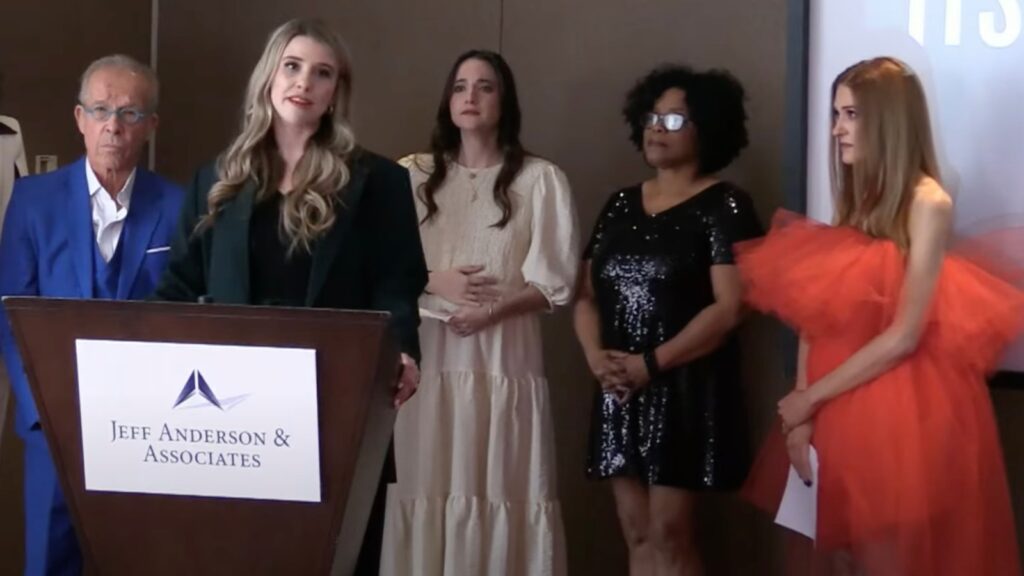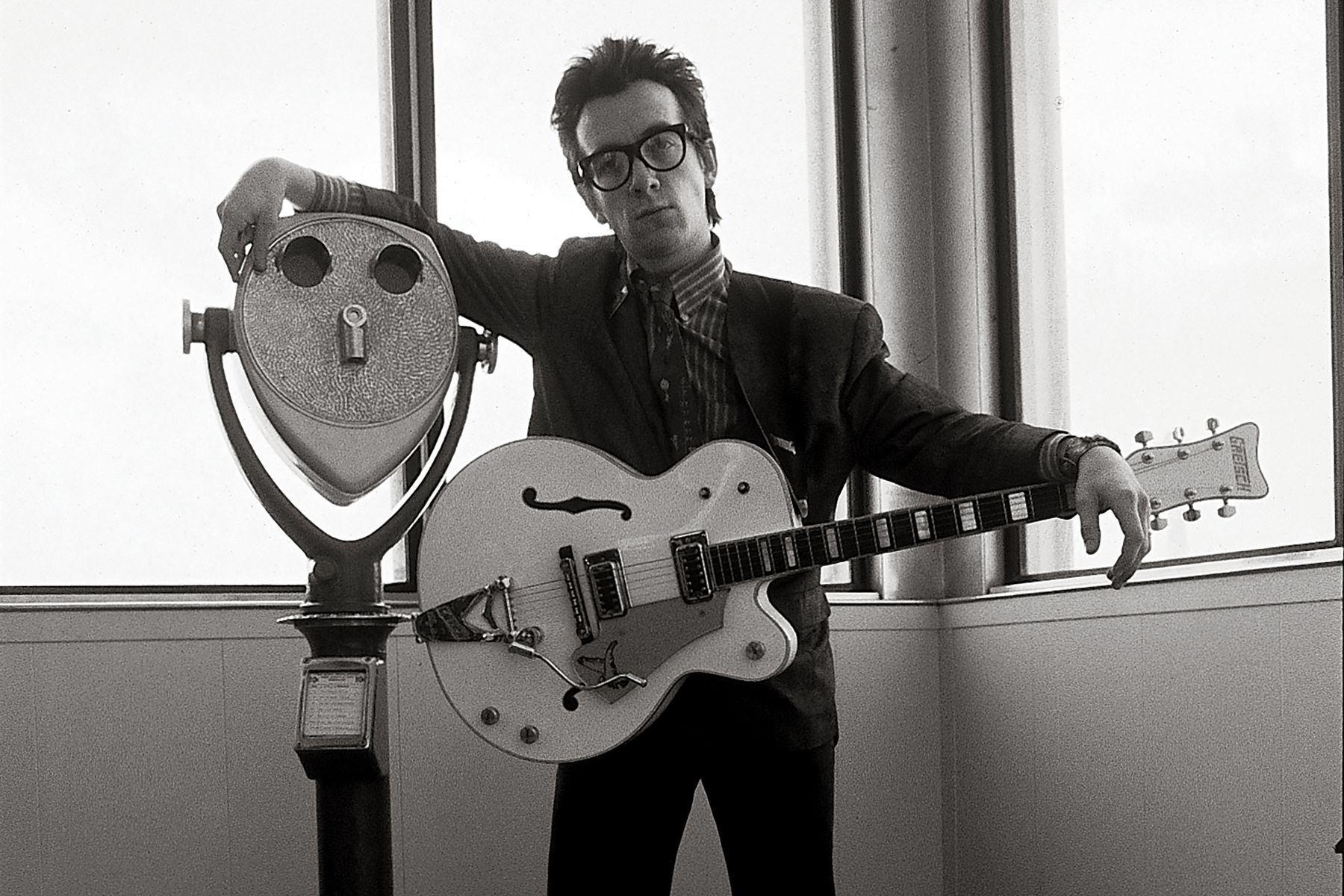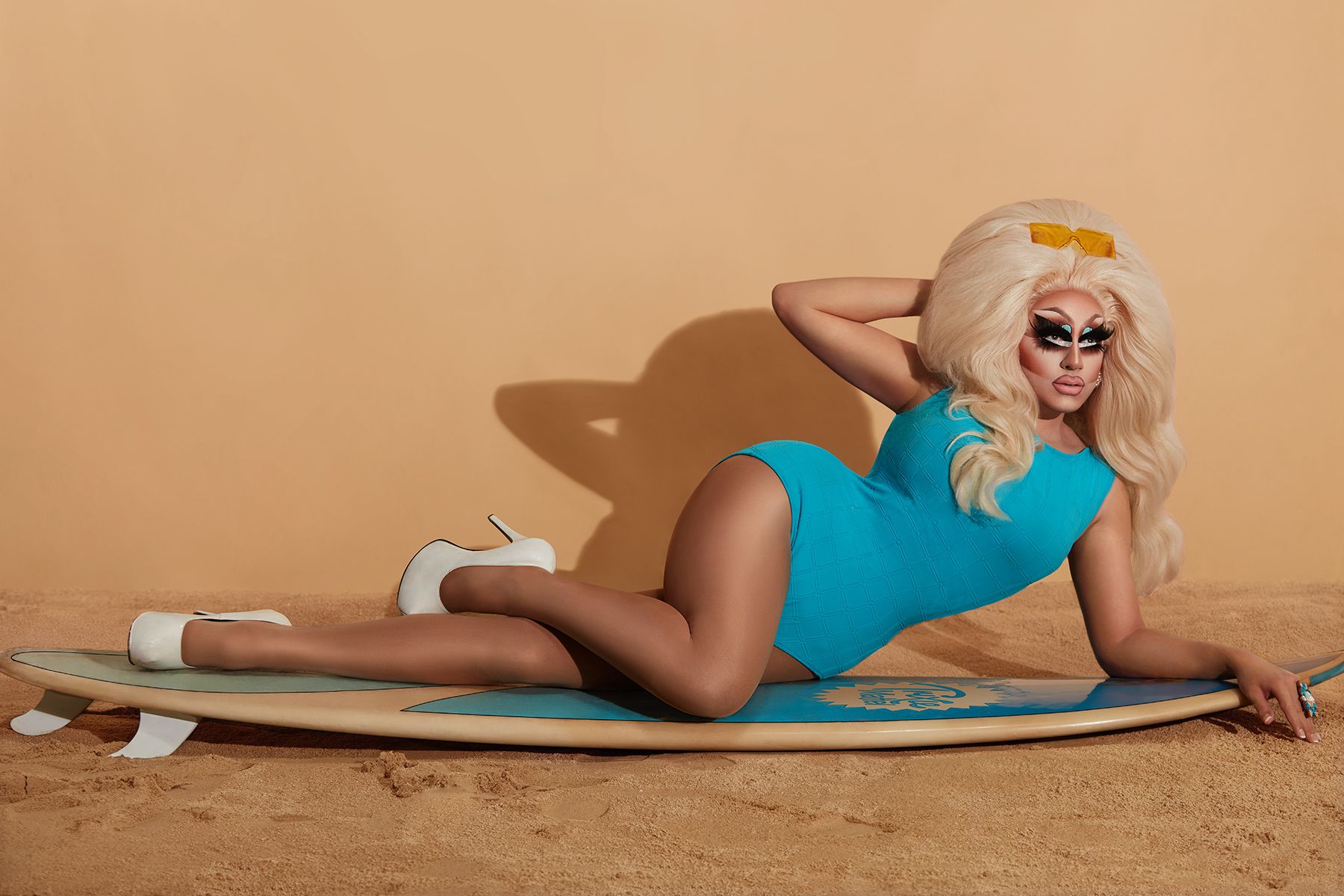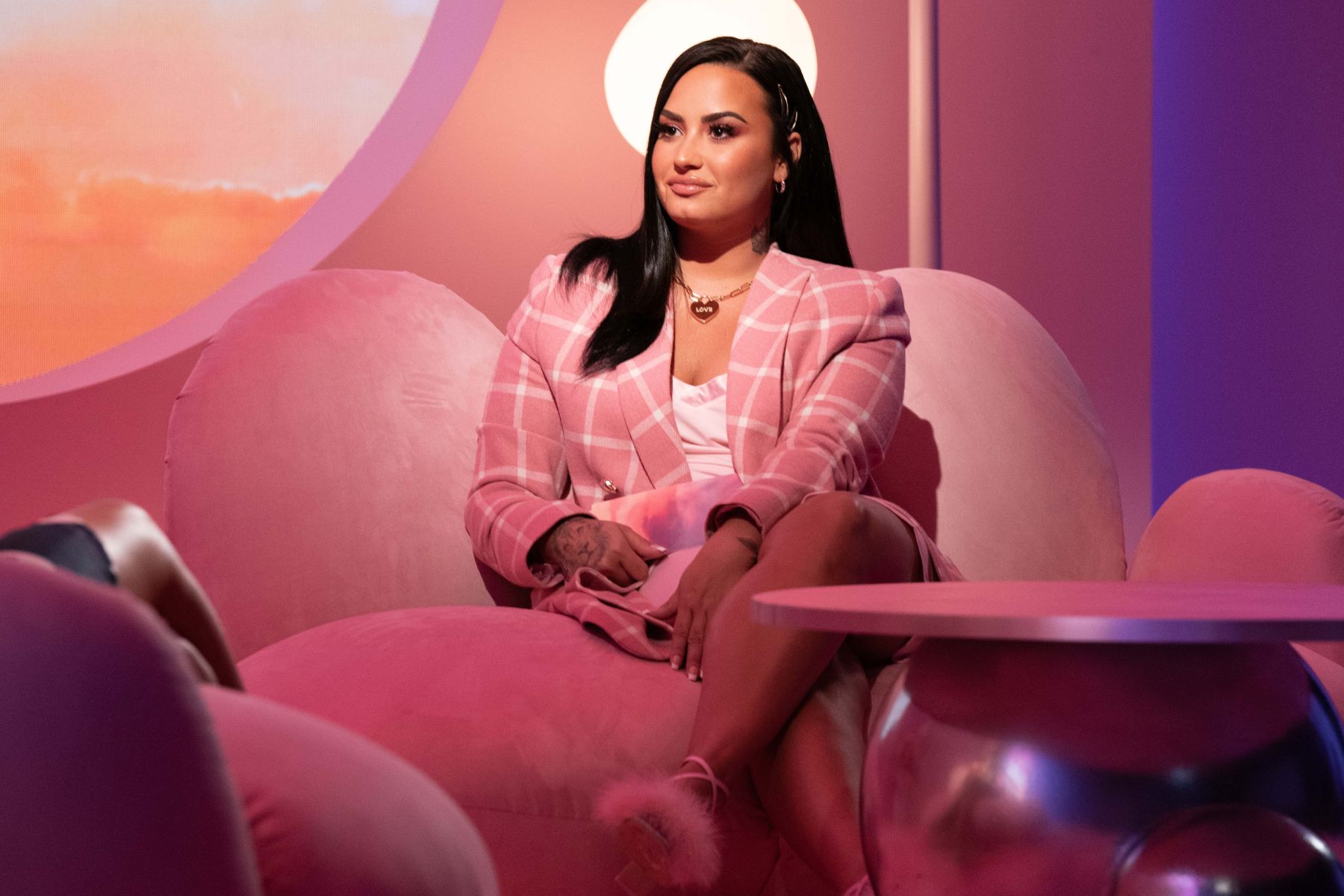
Sexual Assault Survivors Call Out Music Industry Ahead of Grammys
Nomi Abadi has been a piano prodigy since she was three years old and has toured around the word as a classical pianist, releasing numerous albums and EPs. But as she stood at a podium in a downtown Los Angeles hotel conference room Friday afternoon, she wasn’t there to talk about her accomplishments.
“I dream of the music industry where there are no sexual predators of women,” the advocate and founder of the Female Composer Safety League said at the press conference ahead of Sunday’s Grammy Awards. “I dream of a music industry where no little girl will ever encounter a sexual predator again … The time for sexual predators in music is over. The time for respect for all women begins now.”
Abadi and other sexual assault survivors gathered to call out the music industry for what they see as a pattern of enabling and profiting off sexual predators.
Jeff Anderson, the lawyer who for decades has filed suits against the Roman Catholic Church over sexual abuse of children and raised widespread awareness of the scandal, organized the press conference and is representing women suing Steven Tyler and Marilyn Manson for sexual assault of a minor. (Tyler and Manson have denied the accusations.)
“We’re here today because this is a time for a reckoning,” Anderson said. “It’s a time for us and the survivors and their allies to call the industry to account. The entertainment industry and the music industry has [permitted], and continues to permit, sexual violence. It continues to protect those that commit it and it continues to profit from [it].”
Anderson went on to compare the music industry to the Catholic Church in terms of what he feels is widespread abuse and protection, with speaker and advocate Alexa Nikolas adding, “Mark a survivor’s words: the music industry is the Catholic Church on steroids.”
“Predators will come and go, but as long as institutions like the music industry enable and participate in the abuse and silencing towards survivors, then it won’t matter if ‘one bad apple,’ as they love to say, gets let go,” she added.
Melissa Schuman, a former girl group singer who accused Backstreet Boys singer Nick Carter of rape in 2017, called the problem “systemic.” (Carter has denied the allegation and has countersued Shannon Ruth, a woman who accused Carter of sexual assault last December. He accused Ruth of being “manipulated into making false allegations” by Schuman and her father.)
“We aren’t just seeking justice and accountability from the predators, but also the industry that enables them, allows and creates a systemic problem of providing access and [the] environment covering up sexual assault that continues to occur,” Schuman said. “And because of these women and other survivors who are coming forward, we will hold the predators as well as the industry itself accountable so we can put an end to this.”
Schuman and other speakers pointed to recent laws in New York and California that dropped the statute of limitations on sexual misconduct crimes and allowed people to sue their alleged abuser regardless of when the alleged assault took place.
Anderson called on the industry to enact numerous changes, speaking in directives both specific and general. He pointedly called on MusicCares – the nonprofit organization that was set to have their annual gala later that day – to revoke Steven Tyler’s award he received in 2020. (A rep for the organization declined to comment on Anderson’s request.)
“This is an invitation to them to engage and do the right thing,” Anderson tells Rolling Stone. “Clean your own house, it’s a simple invitation. And I expect they will, I have confidence. If they’re willing to put the welfare of vulnerable adults and artists above profit, they will.”
Anderson also pointed to various non-disclosure agreements that companies have used when settling sexual misconduct cases and demanded the end to the practice, saying they “silence survivors that keep them from identifying the perils and the predators among them.”
Singer, actress and playwright Sandra Booker spoke to the ramifications of coming out as a survivor in the industry after she accused a fellow musician of sexually assaulting her. “I became the villain instead of the victim. I have been ostracized by contemporaries, colleagues and even friends … It has made my life unbearable and no one should live like that,” Booker said. “I have been called toxic, crazy, unprofessional, misguided, uppity, arrogant and all the other labels that get attached to women who have to stand up and speak up for themselves. I will not tolerate this any longer.
“We have a duty … to give each and every person the opportunity to do their work with dignity. pride, grace, humility and courage,” she added. “I’m here to call out the people who stand in solidarity with predators and give them protection year after year, lifetime after lifetime, career after career.”



